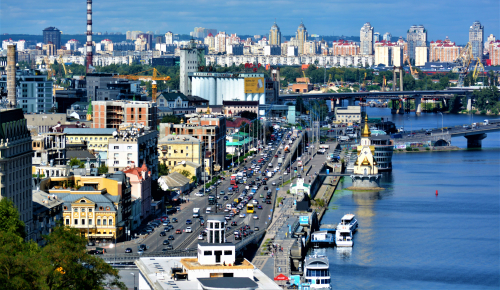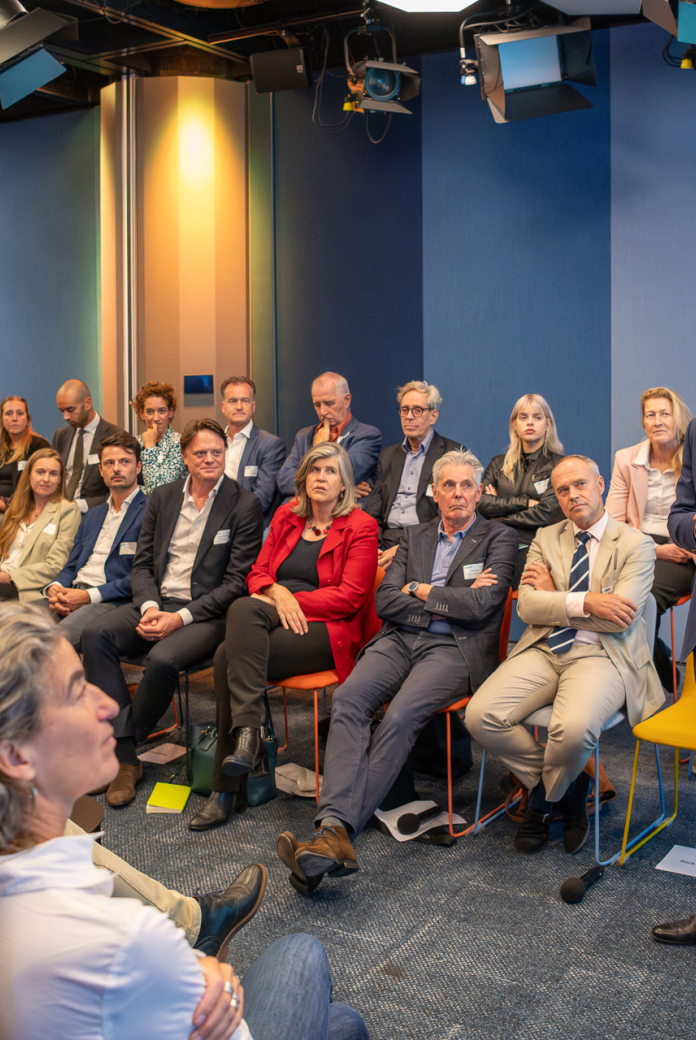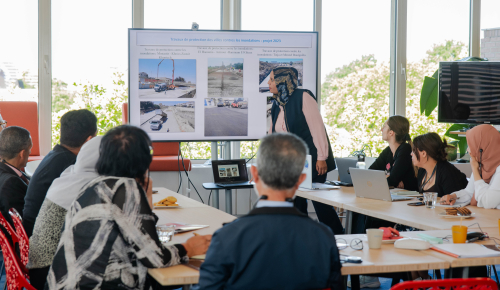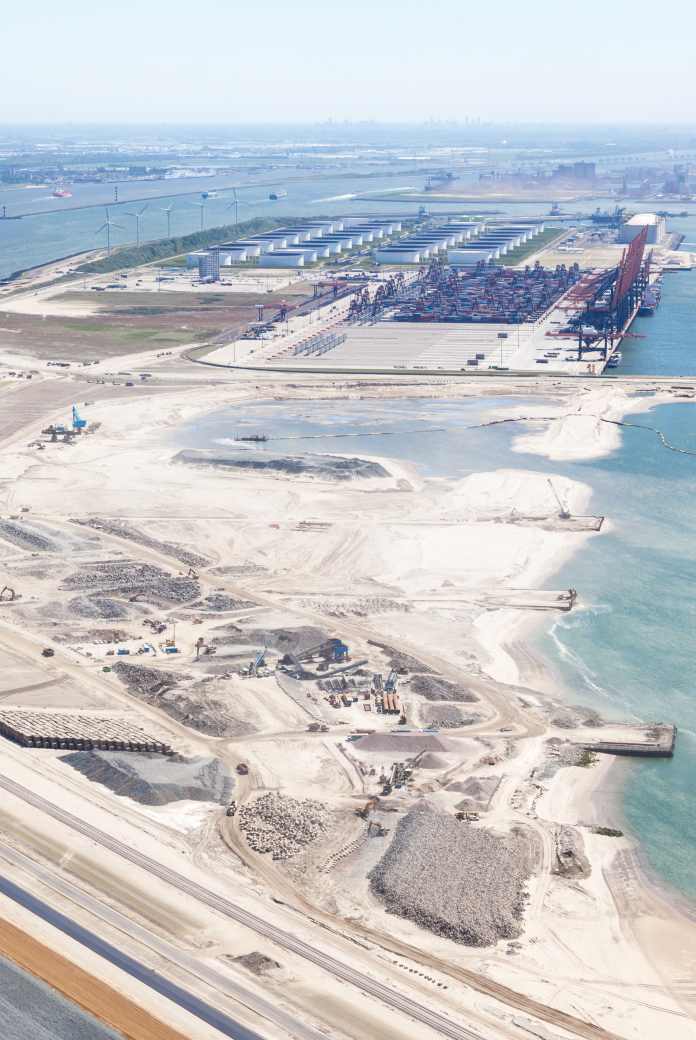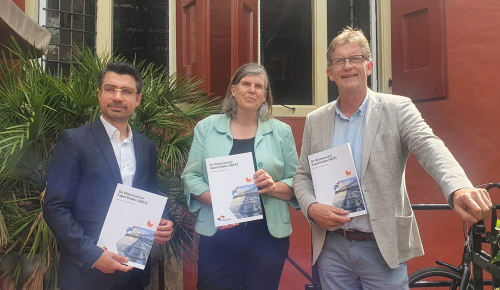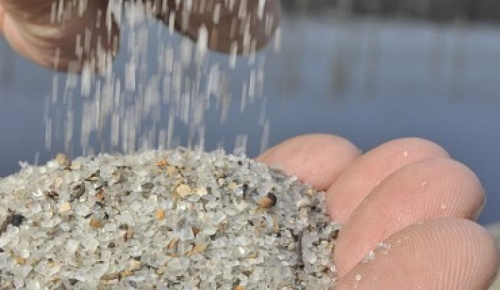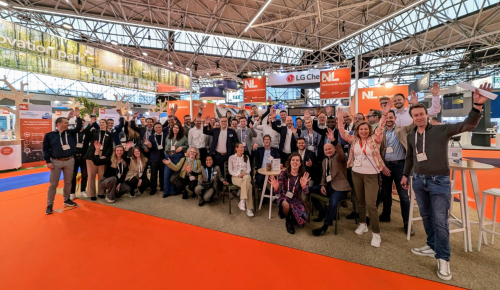News
25 June 2020World leaders' call to action on Covid-19: WASH is first line of defence
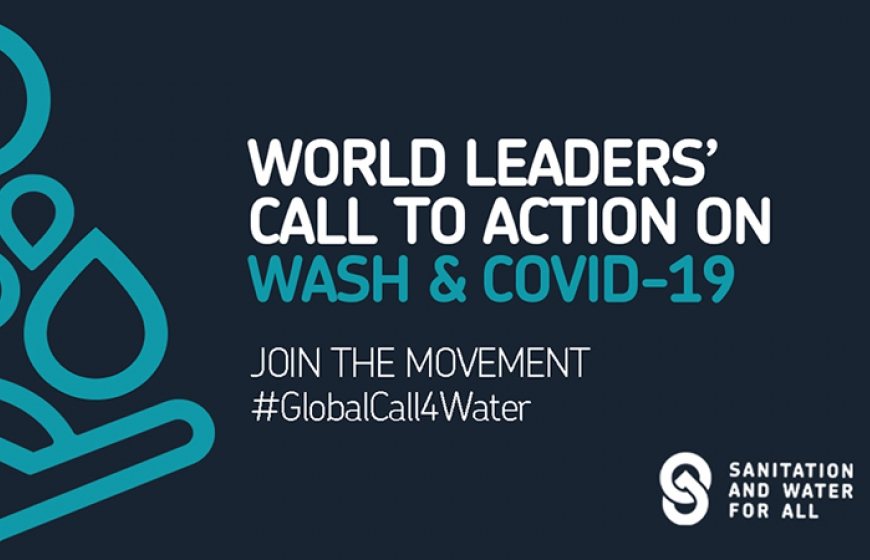
Until there is a vaccine or cure for Covid-19, prevention remains the only option. And even with a cure, prevention will remain the better option. Water, sanitation and hygiene (WASH), together with physical distancing, are central to preventing the spread of the coronavirus, and are a first line of defence. That is why Sanitation and Water for All (SWA) has launched the ‘GlobalCall4Water’ initiative which states that ‘As leaders, this is our chance to save lives’. Dozens of heads of state, ministers, CEOs and leaders of UN agencies and other international organisations have joined this call to action. Robert Bos, Chair of the Supervisory Board at IRC, signatory organisation of the call, and Pim van der Male, Senior Policy Officer WASH at the Dutch Ministry of Foreign Affairs, tell us about this initiative and the importance of WASH.
What is the value of the GlobalCall4Water?
Robert Bos: “The strongest point of this global call is that it was signed by a large number of heads of state. This is crucial because it increases the chances of a systematic, integrated approach, including infrastructure, urban and rural development, service delivery and regulation, and gender. And of course, coordinated financing."
Pim van der Male: "I fully agree. Support is needed at the highest political level, especially in our partner countries. The backing of political leaders is needed for real change. This is why it is encouraging to see that the GlobalCall4Water is now signed by 13 heads of state. The SWA community will ensure that these heads of state are held accountable for their commitments!"
Is there too little attention for WASH?
Pim van der Male: "Huge aid packages are now being rolled out by the EU, but WASH was initially somewhat overlooked. Instead, the main focus was on improving health systems and the development of a vaccine. But without proper access to water, sanitation and hand hygiene, these efforts will not be effective and sustainable. And too little attention was paid to WASH in the Covid-19 discussions at the virtual May 2020 World Health Assembly. This global call helps put the importance of WASH in the fight against the coronavirus on the agenda at the global public health level.
Robert Bos: "Perhaps there will soon be a vaccine and attention may slacken again. That's why it's so important to keep emphasising the need for WASH. Continuous awareness is needed, and we have to identify gaps that need to be filled. One of the spearheads is WASH in schools: both the facilities themselves and the attention for WASH in teaching programmes. Children are important communication agents, conveying the message to their parents."
How can access to WASH be achieved?
Robert Bos: "It is a combination of emergency measures and structural improvement. IRC opts for a systematic approach, ingrained in local conditions. We bring all the relevant partners, public and private, together. If everyone does their part within that whole, then you are on your way to achieving the Sustainable Development Goals (SDGs). And if then suddenly there is a disruption, such as the current corona crisis, this type of systematic approach will allow an immediate and adequate response. If your approach is not sufficiently resilient, structures and services immediately collapse and you are back to square one, or worse. You see this every time, also after natural disasters and in war situations.”
Pim van der Male: "The focus is now on emergency facilities such as water tanks in slums, so that people can wash their hands. But it is essential to work on structural and sustainable solutions as well. We are now dealing with a very serious external shock, but it will not be the last one. Other viruses are coming and we are facing the impact of climate change. This crisis shows that we need to prepare better. Vulnerable groups are now extra vulnerable. The world leaders’ call can accelerate and strengthen that response process. I hope the initiative will really set things in motion. Not only to combat the pandemic, but also to structurally improve the availability of drinking water and sanitation and thus bring SDG 6 – clean water and sanitation for all – within reach."
What is the value of the GlobalCall4Water for the Dutch effort?
Pim van der Male: "WASH is already a powerful part of the Dutch development agenda in the context of poverty reduction. The Netherlands' target to meeting SDG 6 by 2030 is to provide 30 million people with sustainable access to safe water and 50 million people with sustainable access to improved sanitation. Now it is more important than ever to keep access to WASH on the political agenda and to provide Dutch support in our areas of expertise. One concrete goal is, for example, to reduce non-revenue water. Dutch water operators work with utilities in developing countries to control water loss and provide technical assistance to improve access to safe drinking water. These partnerships are certainly valuable at a time when water utilities face liquidity and operational problems because of the Covid-19 crisis. Fortunately, the EU recently decided to continue its Water Operator Partnership programme."
Robert Bos: “The call provides an opportunity to give the Dutch Government an even higher profile within the regional development banks (ADB, IADB, AfDB). These banks are the regional drivers of infrastructure development and although their internal structure remains too compartmentalised, they provide a fertile breeding ground for the integration of two emerging concepts: the ‘One Health’ concept, which compiles human health, veterinary public health, zoonoses (like Covid-19), animal health and ecosystem health; and the ‘One Water’ concept, which integrates all aspects of water use.”
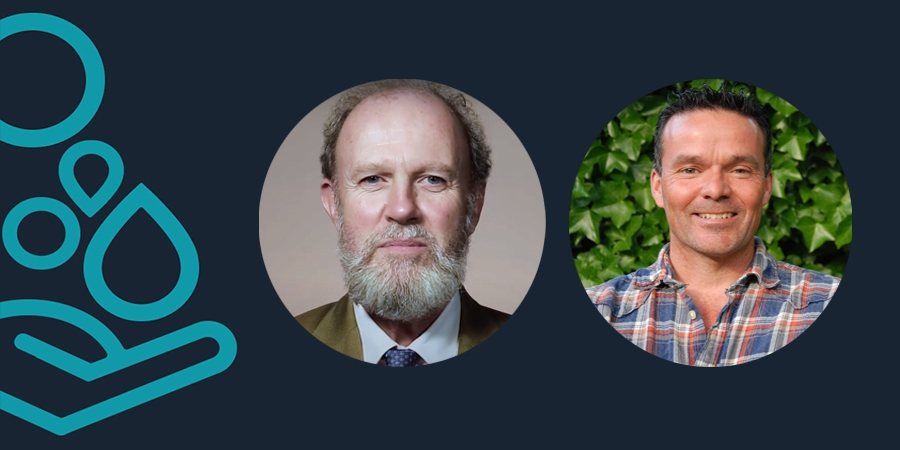
Other leaders in the Netherlands:
– IRC’s CEO Patrick Moriarty: “Covid-19 has reminded us all, if it were needed, of the central role of clean water, good hygiene and sanitation in our ability to fight this, or any other disease for which we currently lack a vaccine or cure. Above all else, delivering water and sanitation to everyone calls for political leadership and vision. The global leaders’ call to action is therefore of huge importance both in facing Covid-19 and in becoming resilient in the face of future pandemics. The challenge now is to build on the momentum that the call has created.”
– Kitty van der Heijden, Director-General International Cooperation at the Dutch Ministry of Foreign Affairs: “Betting on WASH now is a sustainable investment in the future. Access to WASH not only helps to combat Covid-19, but also to combat many other preventable diseases and infant mortality. That is why the Dutch Minister Sigrid Kaag endorses the SWA’s global call. Governments must now take action on WASH to increase the resilience of vulnerable groups. In the short term, in the fight against Covid-19, but always keeping the long-term sustainable effects in mind.”
Featured NWP members: IRC
